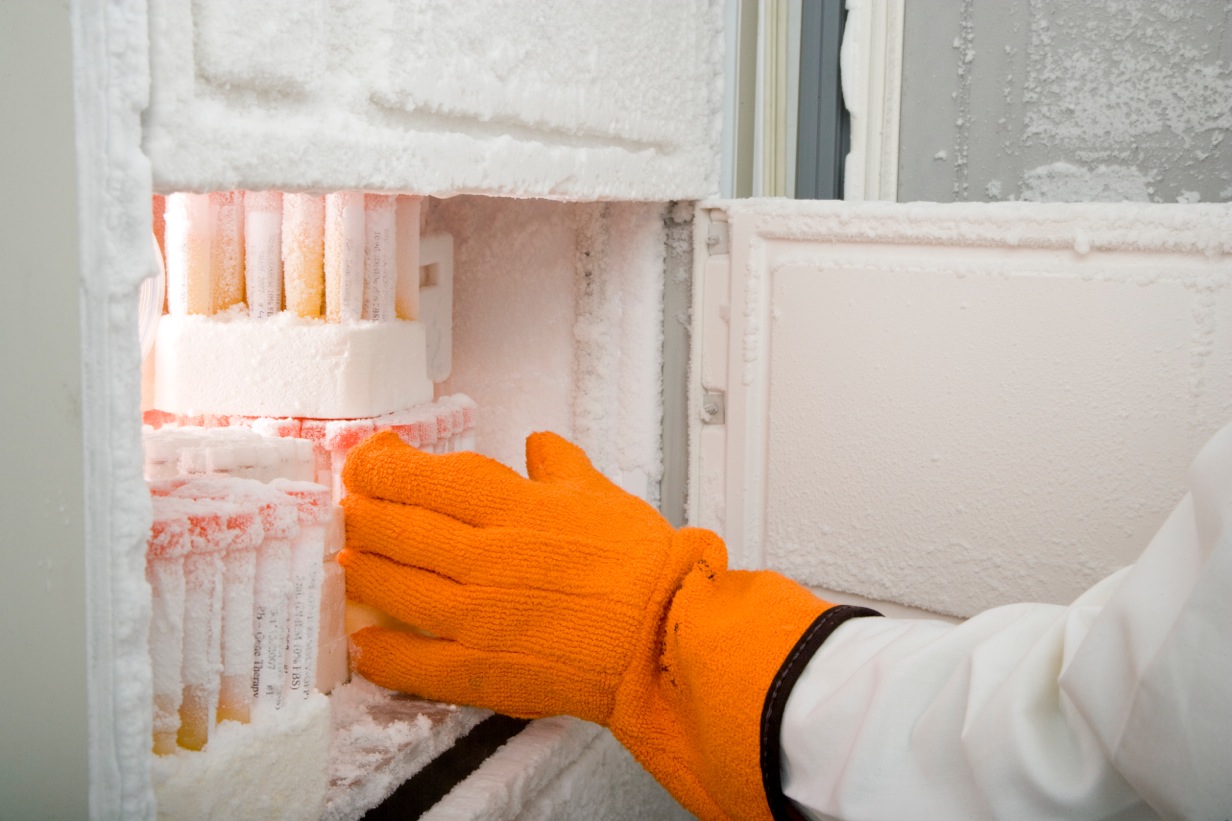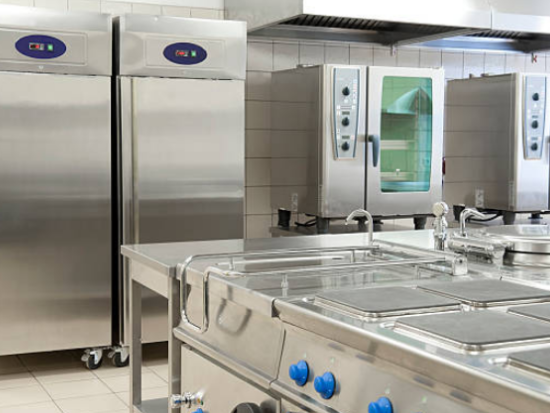[gravata]The technician must be prepared to work in the vast field of refrigeration.[/gravata]
The constantly updated refrigeration technician can work in any segment of household, commercial or industrial refrigeration. The hotel, electronic, textile and pharmaceutical sectors, among others, require refrigeration and climate control systems and processes just as efficient as the food area in which he is accustomed to work. “Cooling systems also integrate into the pharmaceutical, chemical and textile sectors, demonstrating the breadth and importance of refrigeration and climate control for the industry”, stated Eduardo Macedo Ferraz e Souza, director of Senai Oscar Rodrigues Alves School.
Textile industry
In the case of the textile industry climate control is needed because cotton is a hydrophilic element which easily absorbs and releases water and can change its characteristics accordingly. With a very dry environment cotton releases water and yarns break, and with high humidity the cotton absorbs water and the yarn loses its minimum consistency, and may curl up. Another problem that can be solved with climate control in the textile industry is the ambiance’s dust. The cotton to be processed releases dust, which along with the small fibers, tend to remain suspended in the air making the environment improper.
At the beginning of industrialization, textile factories were built next to a river to control moisture. With the slow production speed at the time, this method was enough, but now with the evolution of machinery, climate control is no longer a luxury but a necessity of the process.

Pharmaceutical industry
Like foods, some drugs are sensitive to temperature and must be stored and distributed in controlled environments. In the pharmaceutical industry, handling and operation rules are strict to meet the high standard of quality and respect the rules and regulations determined by ANVISA (National Health Surveillance Agency). Accordingly, refrigeration systems are important in maintaining the basic operating and maintenance conditions of the entire production: using the best practices for storage, distribution and transport of drugs. Exposure of these products to any type of light must be avoided as much as possible.
Storage areas for vaccines, serums or blood banks, for example, must be in refrigeration equipment, consisting of refrigerators, freezers and cold chambers. And wherever there are refrigeration machines, constant maintenance is needed.
Another area that will be addressed in the next edition of Refrigeration Club is maritime and transport refrigeration. According to Anfir records (National Association of Road Equipment Manufacturers) in 2013, around 3% of heavy trucks and 5% of light and medium trucks, relied on refrigeration equipment.
Industrial refrigeration operates in various applications, in the chemical, food and process industries, manufacturing industries and laboratories, among them:
- Hotels
- Hospitals
- Petrochemical
- Shopping
- Supermarkets
- Slaughterhouses
- Ice Factories
- Breweries
- Oil Refineries



